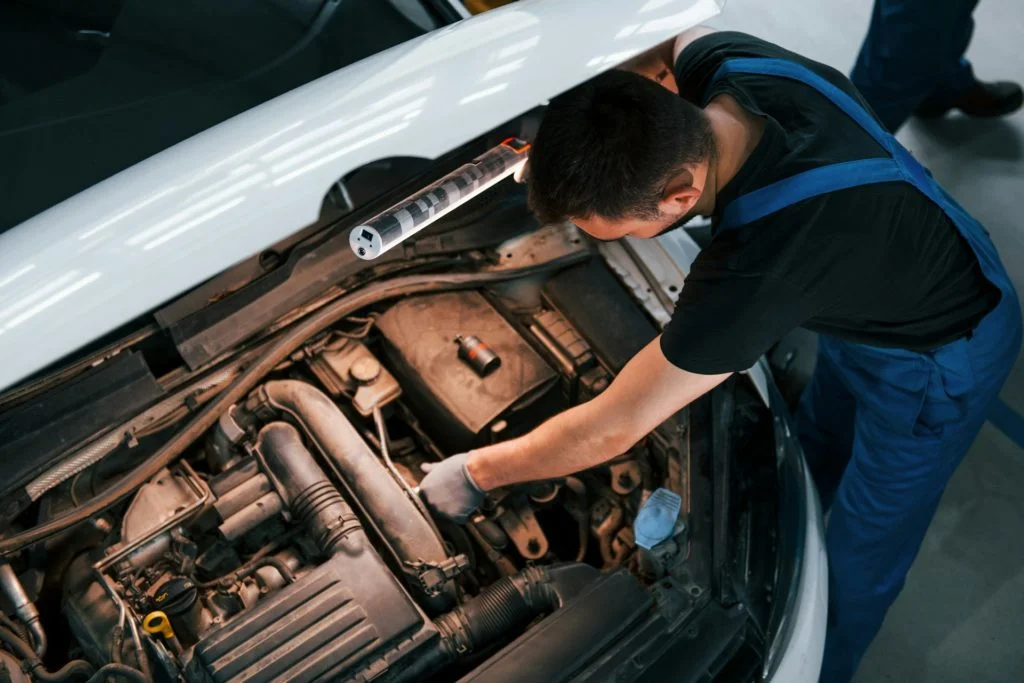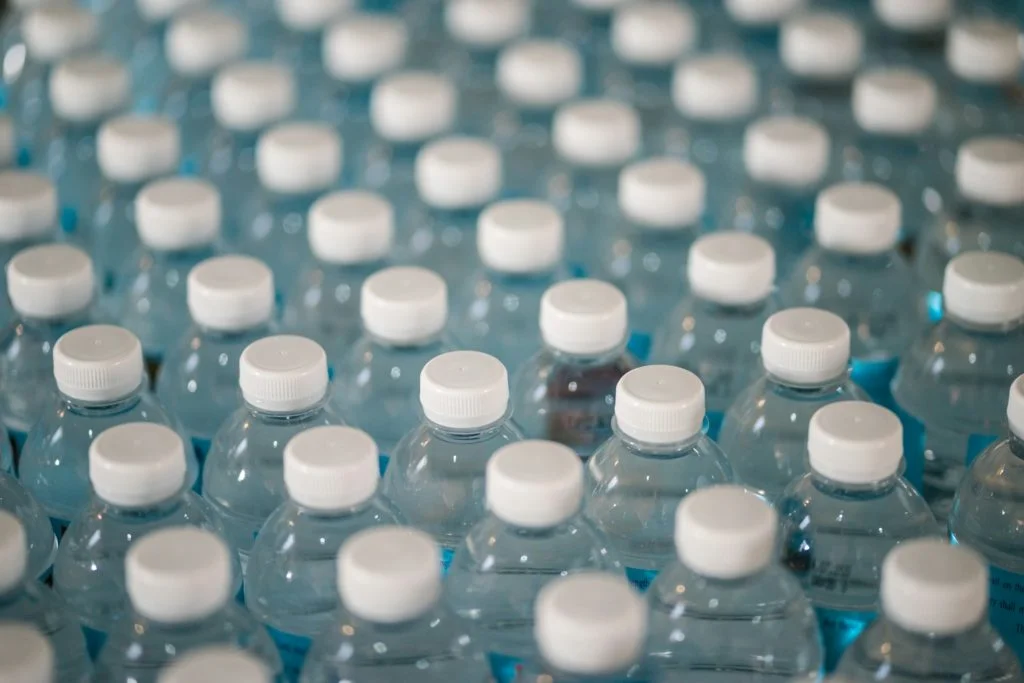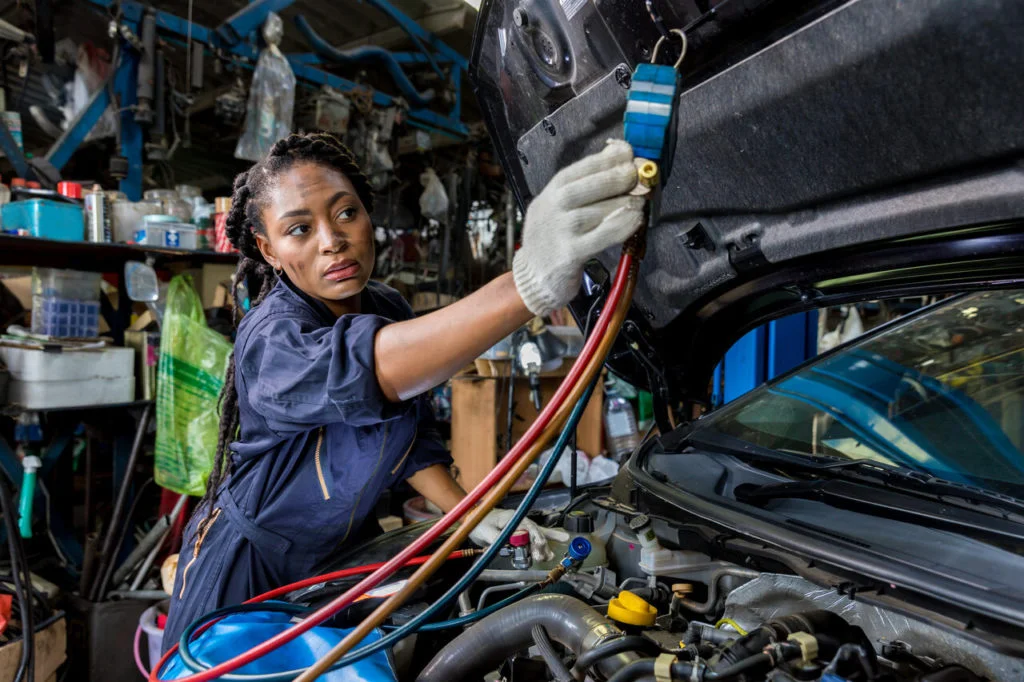As global environmental challenges continue to surge, industries worldwide are urged to embrace sustainable practices. Among them, the automotive sector is particularly under focus due to the ubiquity of plastic materials used in vehicle production. As a result, automotive manufacturers are left with the daunting task of addressing the ever-present issue of waste plastic management. To tackle this challenge, the solution lies in plastic reprocessing, an innovative method that transforms waste plastic materials into viable resources for manufacturing new components.
Pulse Plastics, a UK-based independent specialist plastic solution provider, is leading the charge in demonstrating the power of plastic reprocessing. By advocating for a closed-loop system, Pulse Plastics helps automotive manufacturers harness their waste plastic materials for a greener production process, ultimately paving the way for a more sustainable and environmentally friendly industry.
The closed-loop system entails reprocessing waste plastic materials to create high-quality raw materials that can be reintegrated into the manufacturing process. This approach eliminates the need for virgin plastics and goes beyond traditional recycling, which often downcycle waste materials into inferior-quality products. Automobile manufacturers can drive sustainability by adopting plastic reprocessing while benefiting from enhanced efficiency, cost savings, and improved waste management.
In this blog series, we will discuss how adopting plastic reprocessing can revolutionise the automotive industry’s approach to waste plastic management, putting the focus on sustainability and the benefits of a closed-loop system. Join us in unveiling the transformative impact of plastic reprocessing on waste management, operational efficiency, cost reduction, and environmental conservation for automotive manufacturers.
Embracing Plastic Reprocessing: How Automotive Manufacturers Can Drive Sustainability
The Importance of Rethinking Waste Plastic Management
It is no secret that the automotive industry generates a significant amount of waste plastic materials, which poses a challenge regarding waste management and environmental impact. With growing pressure to minimise waste and adopt sustainable practices, it becomes crucial for manufacturers to shift their perspective on waste plastics. No longer seen as disposable trash, waste plastic materials should be considered valuable resources that can provide potential benefits in cost savings, operational efficiency, and environmental conservation.
Plastic Reprocessing: The Key to a Closed Loop System
Plastic reprocessing holds the secret to transforming waste plastic management in the automotive industry. By utilising waste plastic materials to create high-quality raw materials for new automotive components, reprocessing ensures that waste plastics remain in the supply chain, reducing the need for virgin plastics and benefitting the environment.
The closed-loop system, which is central to plastic reprocessing, hinges on the continual cycle of using, collecting, and reprocessing waste plastics for reintegration into the manufacturing process. By adopting this method, automotive manufacturers can significantly decrease waste output while simultaneously requiring less raw material input.
Benefits of Adopting Plastic Reprocessing in the Automotive Industry
There are numerous advantages to adopting plastic reprocessing for automotive manufacturers.
- Reduced Environmental Impact: By reprocessing waste plastics, manufacturers contribute to environmental stewardship by minimising landfill contributions and waste incineration and lessening the demand for virgin plastics.
- Operational Efficiency: By adopting a closed-loop system, manufacturers can streamline their production processes and ensure a consistent, readily available supply of high-quality reprocessed plastics, leading to greater efficiency in daily operations.
- Cost Savings: Using reprocessed plastics instead of virgin raw materials can result in significant cost savings, as the former typically comes at a lower price without compromising quality. Additionally, the closed-loop system can reduce waste management expenses, freeing up finances to be reallocated to other business areas.
- Enhanced Reputation: Embracing a sustainable approach to waste management, such as plastic reprocessing, can improve a company’s brand image, showcasing its commitment to environmental responsibility and potentially attracting eco-conscious customers.
Navigating Challenges in Implementing Plastic Reprocessing
Despite the numerous advantages of plastic reprocessing, automotive manufacturers must acknowledge and address the challenges that can arise during implementation.
- Quality Assurance: Reprocessed plastics must meet the industry’s rigorous quality and performance standards. The solution to this challenge lies in collaborating with a trusted independent specialist plastic solution provider, such as Pulse Plastics, ensuring access to high-quality reprocessed plastics.
- Integration into Existing Processes: Integrating plastic reprocessing into current manufacturing operations may require adjustments and the introduction of new technologies. Pulse Plastics offers comprehensive support and guidance to its partners throughout the implementation process, ensuring a seamless transition.
- Changing Perception of Waste Plastic: Perhaps the most significant challenge is to alter the perception of waste plastics from disposable waste to valuable resources. By fostering a shift in mindset, the automotive industry can encourage widespread adoption of plastic reprocessing and create momentum towards using closed-loop systems.
Conclusion
Adopting plastic reprocessing within the automotive industry can revolutionise waste plastic management, creating a greener and more sustainable future for manufacturers and the environment. By embracing the closed-loop system and transforming waste plastics into valuable resources, automotive manufacturers can reap the rewards of reduced waste output, operational efficiency gains, cost savings, and an enhanced reputation for environmental responsibility.
Join Pulse Plastics in their mission to reduce plastic waste and promote sustainability. Contact us today to learn more about our innovative plastic processing solutions and how we can help you turn waste plastic into valuable products. Let’s work together to create a more circular economy and reduce our environmental impact.


